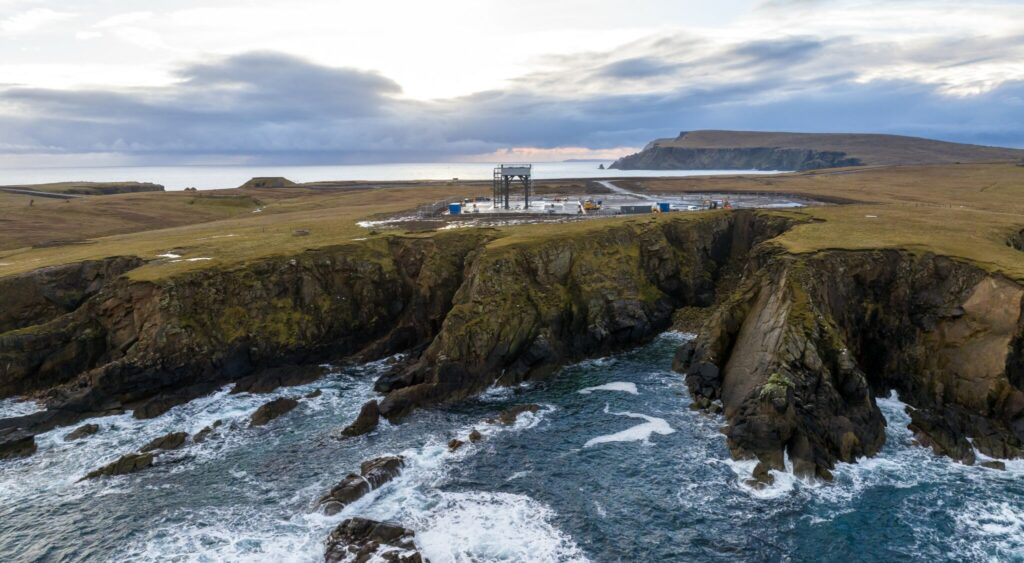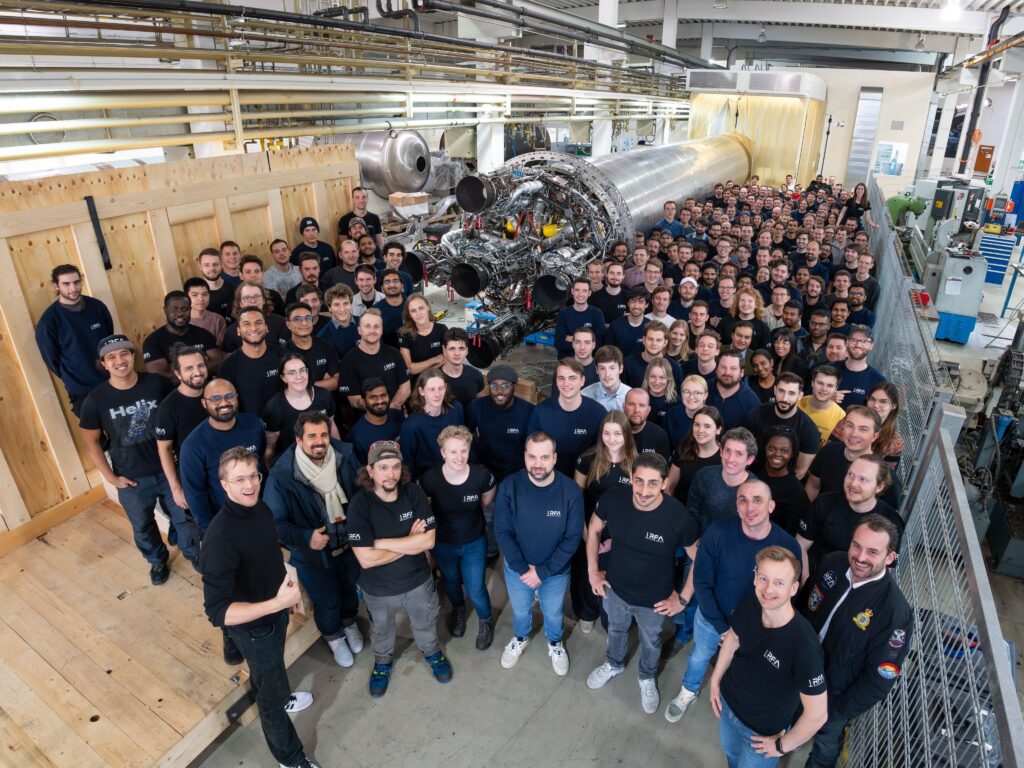German aerospace startup RFA (Rocket Factory Augsburg) has published footage of the successful burning of the first stage of its rocket. This is an important step towards its flight into space.
History of Rocket Factory Augsburg
RFA was founded in 2018. Like many other similar startups, it made a bet on creating a cheap launch vehicle designed to launch small satellites into low-Earth orbit. It was named RFA One.

The RFA One rocket has a two-stage design with the possibility of adding an additional third stage/upper stage. Its length is 30 meters (in a three-stage configuration), its diameter is 2 meters. Kerosene is used as fuel in RFA One, liquid oxygen is used as an oxidizer.

In its most powerful version, the RFA One will be able to carry 1,600 kg into LEO, 850 kg into a 2,000-kilometer polar orbit, 450 kg into a geotransfer orbit and up to 150 kg on a flight path to the Moon. According to the startup’s management, the cost of launching the rocket will be about 3 million euros.
RFA One Tests
In 2022, RFA specialists conducted successful fire tests of the Helix engine, which would be installed on the first and second stages of the RFA One. It was followed by the burning of the second stage in 2023.
First fire! 🔥 We have successfully kicked off the hot fire campaign for our first stage at @SaxaVord_Space. We hot-fired a total of four Helix engines, igniting one by one at four second intervals. All engines ran simultaneously for 8 seconds with a total hot-fire duration of 20… pic.twitter.com/QsppIyV4XB
— Rocket Factory Augsburg (@rfa_space) May 19, 2024
Now the company has burned four Helix engines installed on the first stage of the RFA One. The test was conducted on the territory of the Saxavord spaceport, located on the Shetland Islands. The engines were ignited one by one with an interval of four seconds. All power units worked simultaneously for 8 seconds, and the total duration of the test was 20 seconds.
According to the RFA representatives, the test passed flawlessly. It demonstrated that engineers could manage and control the first stage and all its systems, as well as the operation of the Helix engine cluster.
In the near future, RFA is going to conduct new tests of the first stage of the rocket. If successful, they will be followed by its flight into space. At the moment, it is scheduled for the second half of 2024.
Follow us on Twitter to get the most interesting space news in time
https://twitter.com/ust_magazine


